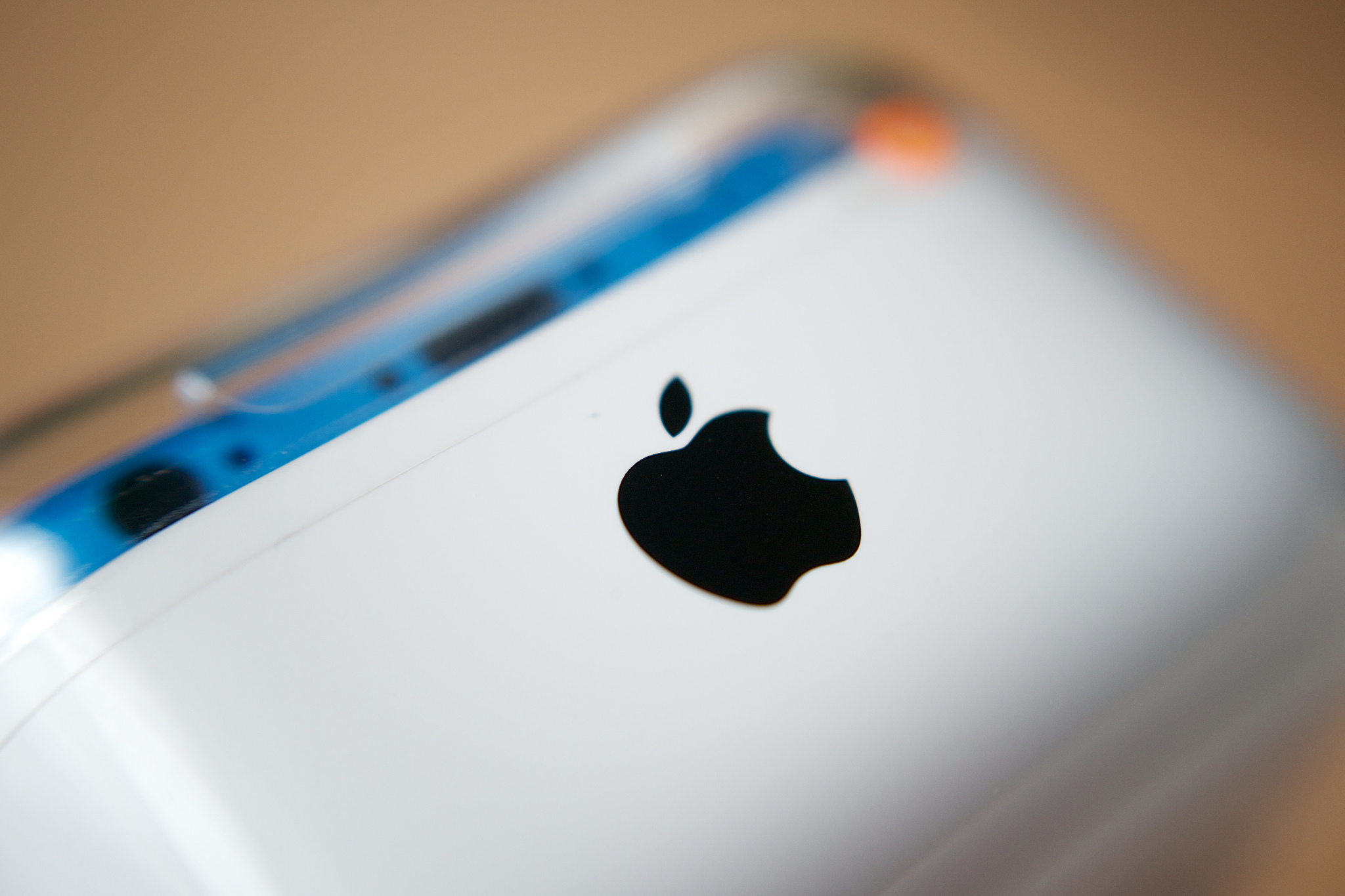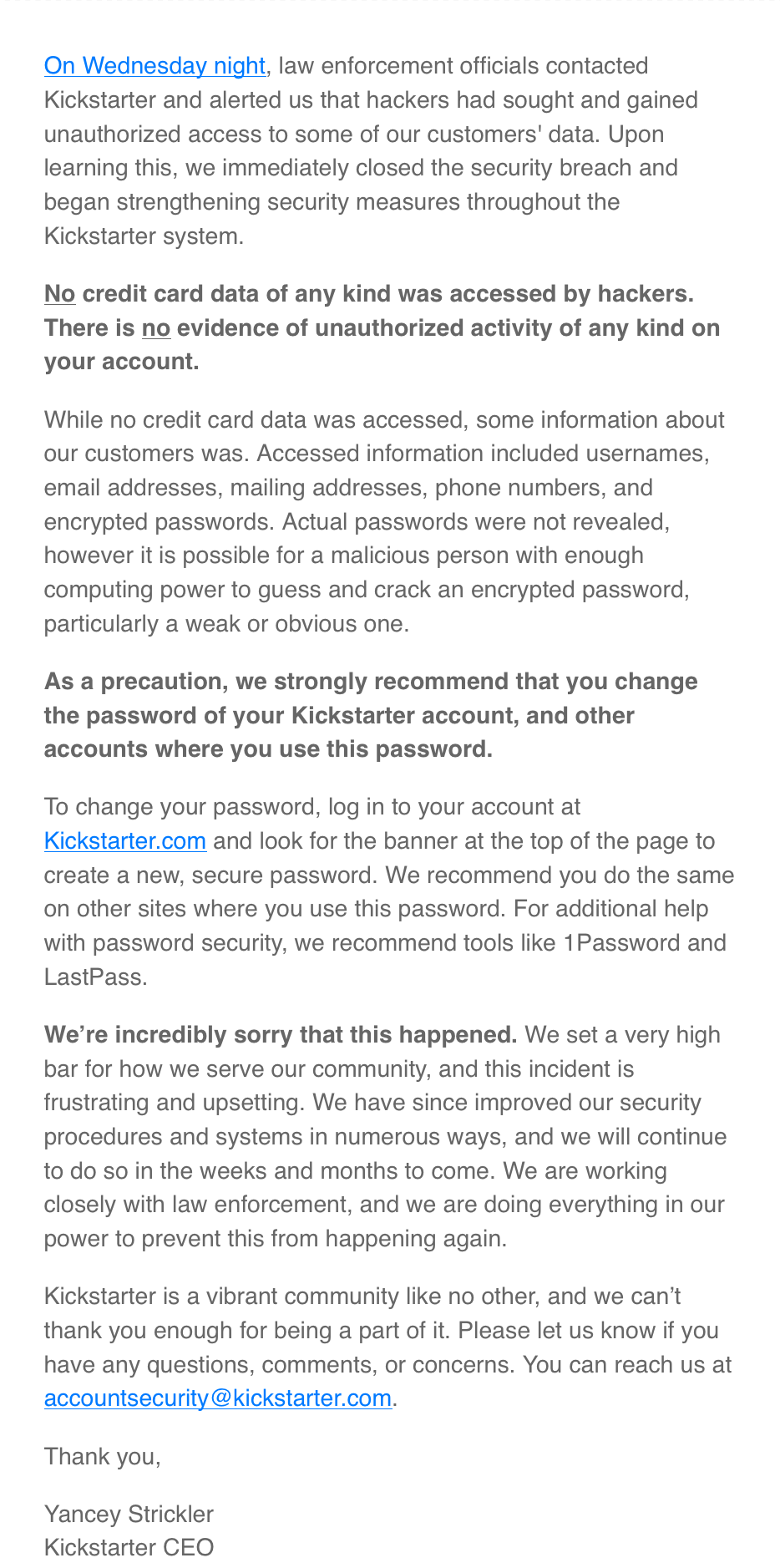In early September 2014, I bought my wife the Singer Heavy Duty 4432 Sewing Machine from Amazon for $99.99. Annie had hoped to make some of her own clothes—something she had long aspired to do. Perhaps if we lived in a larger apartment, she would have achieved her dream; setting up and using the Singer—portable as the thing is—required more space than we could spare.
Fast-forward to late-December 2020. Annie saw a post on Nextdoor from someone looking to buy a sewing machine. Budget: $100. Seeing as the 4432 had never been used, other than to make sure it operated, Amazon’s current price was $209.99, and the manufacturer’s $289.99, $100 would be a deal. Annie responded, and the woman, who we’ll call Grace, agreed to buy the Singer, which would come with extra sewing doodads.










